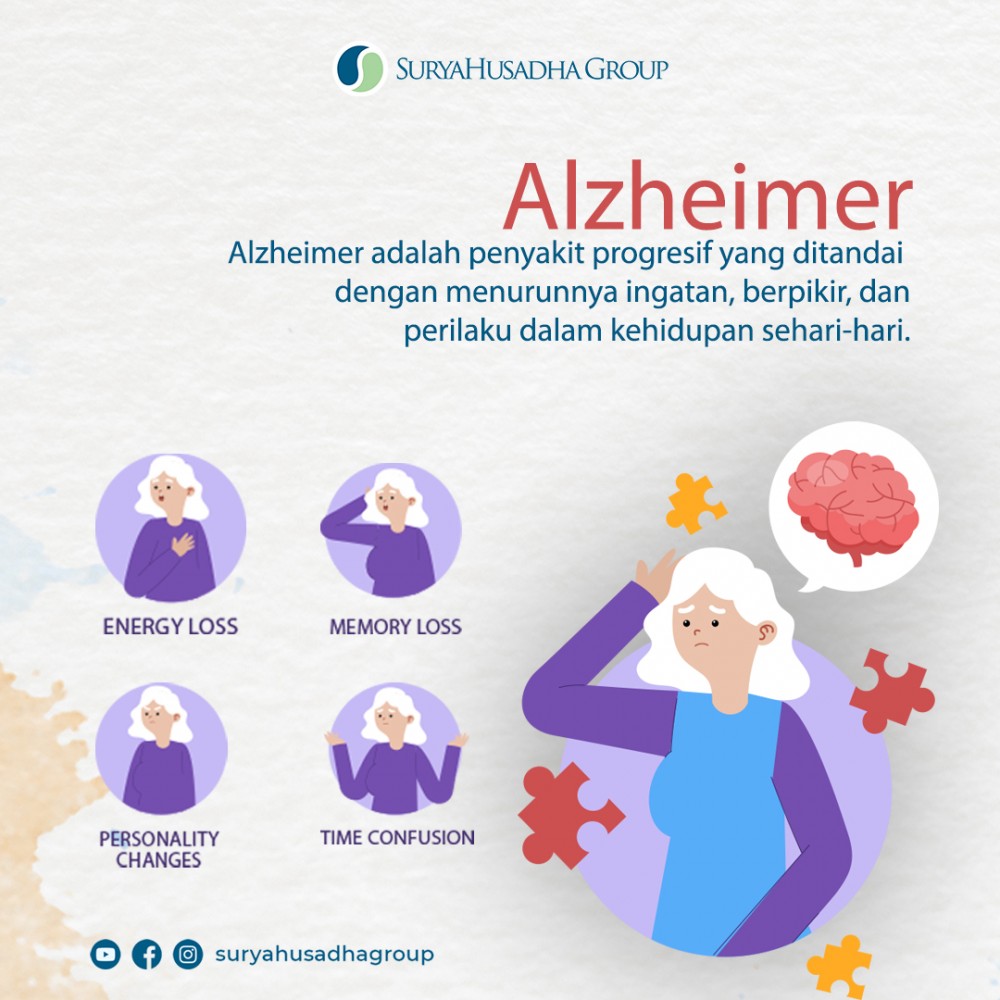Healthy Breakfast
The increasing obesity rate, the strong relationship between obesity and various chronic diseases such as; stroke, diabetes mellitus, heart disease to kidney failure, and various other annual diseases, and it is also undeniable that the Covid-19 pandemic has massively increased public awareness of the importance of maintaining body weight within the ideal range.
Loving body and soul is the reason we want to change our lifestyle
The importance of breakfast
- Carbohydrate intake is beneficial for the brain, especially in reducing the level of the stress hormone cortisol, because while we sleep, the stress hormone cortisol slowly increases, so that breakfast intake will help reduce the level of the stress hormone
- The change of carbohydrates into glucose is very important in the formation of tryptophan (a protein precursor) which plays a role in the formation of the hormone serotonin, which plays a role in changes in mood and cognitive functions such as memory, focus, planning and strategy
How is the relationship between breakfast and obesity?
Why can a healthy breakfast help us maintain a healthy weight?
- A healthy breakfast tends to be able to control eating throughout the day, thus preventing overeating in the following hours.
- A healthy breakfast can increase insulin sensitivity (a hormone that plays a role in regulating blood sugar levels) in the next meal, thus preventing uncontrolled increases in blood sugar.
- When we skip breakfast, our body clock will fast longer and have an impact on increasing the concentration of the hunger hormone Ghrelin, which will later cause us to be unable to control eating at lunch.
- The results of the study, one of which was by Chowdhury and team, showed that overweight individuals who eat breakfast tend to be more active throughout the day when compared to those who do not eat breakfast. This physical activity will help burn excess fat.
- A study shows that the habit of skipping breakfast can increase blood sugar levels after eating at lunch and dinner due to failure of insulin response, and also disruption of gene expression that regulates the body's circadian clock (the body's biological cycle clock for 24 hours, or from morning to night).
Source:
- Michael J. Gibney, et al (2018). Breakfast in Human Nutrition: The International Breakfast Research Initiative. Nutrients, 10(5), 559. https://doi.org/10.3390/nu10050559
- Rosario Ferrer-cascales, et al (2018). Eat or Skip Breakfast? The Important Role of Breakfast Quality for Health-Related Quality of Life, Stress and Depression in Spanish Adolescents. Int. J. Environ. Res. Public Health 2018, 15(8), 1781; https://doi.org/10.3390/ijerph15081781
- Mathilde Delley, et al (2019). Breakfast eating patterns and drivers of a healthy breakfast composition. Bern University of Applied Sciences, School of Agricultural, Forest and Food Sciences (HAFL),
- Xiumei Ma, et al (2020). Skipping breakfast is associated with overweight and obesity: A systematic review and meta-analysis. Obes Res Clin Pract 2020 Jan-Feb;14(1):1-8. doi: 10.1016/j.orcp.2019.12.002. Epub 2020 Jan 7.
-
Author; dr. Rini Siallagan, Sp.GK
 English
English
 English
English
 Bahasa
Bahasa

English
English
Bahasa




